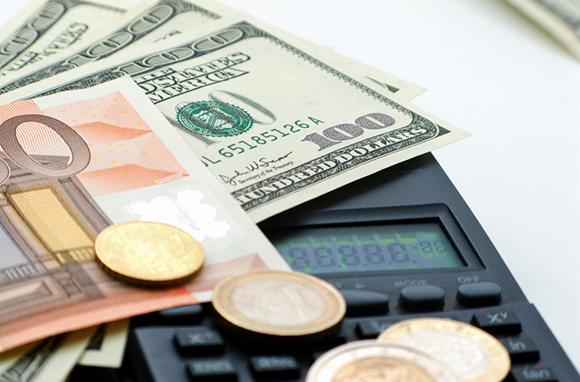
US Airways quickly copied United’s hike in change fees: from $150 to $200 on a domestic ticket and from $250 to $300 on most international tickets. Given the “me, too” propensity of the legacy airlines, you can expect similar moves from other carriers.
United justified the hike as “to better compensate for the costs incurred when a traveler elects not to fly in a reserved seat.” The split infinitive aside, this statement is an outrage and an insult to your intelligence. When change fees first came into the picture decades ago, the then-standard $25 fee probably did reflect actual costs. But at today’s levels, these fees have nothing to do with the costs of itinerary changes to airlines.
The objectives of the higher change fees are to discourage business travelers—typically more likely to change tickets than consumers—from taking advantage of the lowest fares and to gouge all travelers as much as possible. When consumers complain that they, too, often have to change travel plans—usually because of an unexpected problem with family or in the workplace—the airline response channels Marie Antoinette: “Buy a refundable ticket.” At two or three times the price.
Consumers can’t look to the Department of Transportation (DOT) for protection against this gouge. With deregulation, the DOT lost authority to regulate how much airlines charge to change tickets in the domestic market. But the DOT still has statutory authority to require that fees on international tickets be reasonably related to costs; accordingly, consumer advocate Donald Pevsner filed a petition asking the DOT to enforce this rule. Unfortunately, in a complete absence of concern for consumers, the DOT’s response was basically: “Yes, we have the authority, but we’ve never enforced it and do not intend to do so now.” Subsequently, Pevsner has been unable to gain any support from several members of Congress or from any prominent consumer media or watchdog organizations. Sad.
Fortunately, American travelers have some less onerous options. Quite a few airlines, including Southwest, JetBlue, Frontier, Alaska, and Virgin America, charge lower change fees or even no fees (Southwest) for the exchange of a nonrefundable ticket for a future credit. Of course, you have to use that credit to buy the replacement ticket at the then-going fare, but that’s a reasonable requirement.
American’s new branded fare system includes a checked bag and early boarding in addition to no change fee. When I looked earlier this year, the fare difference on a transcontinental round-trip was less than $70, making American’s offering an attractive alternative.
Just about any fair-minded consumer would agree that the airlines have to be profitable, in the long term, to remain in business. But that means setting reasonable price levels for all services, not gouging on change fees. Let’s hope that market pressures force United and US Airways into a retreat from their latest anti-consumer moves.
You Might Also Like:
We hand-pick everything we recommend and select items through testing and reviews. Some products are sent to us free of charge with no incentive to offer a favorable review. We offer our unbiased opinions and do not accept compensation to review products. All items are in stock and prices are accurate at the time of publication. If you buy something through our links, we may earn a commission.
Related
Top Fares From
Today's Top Travel Deals
Brought to you by ShermansTravel
Greece: 9-Night Vacation, Incl. Meteora &...
Exoticca
 vacation
$2099+
vacation
$2099+
New Year Sale: Luxe, 9-Nt Alaska...
Oceania Cruises
 cruise
$3599+
cruise
$3599+
Ohio: Daily Car Rentals from Cincinnati
85OFF.com
 Car Rental
$19+
Car Rental
$19+



